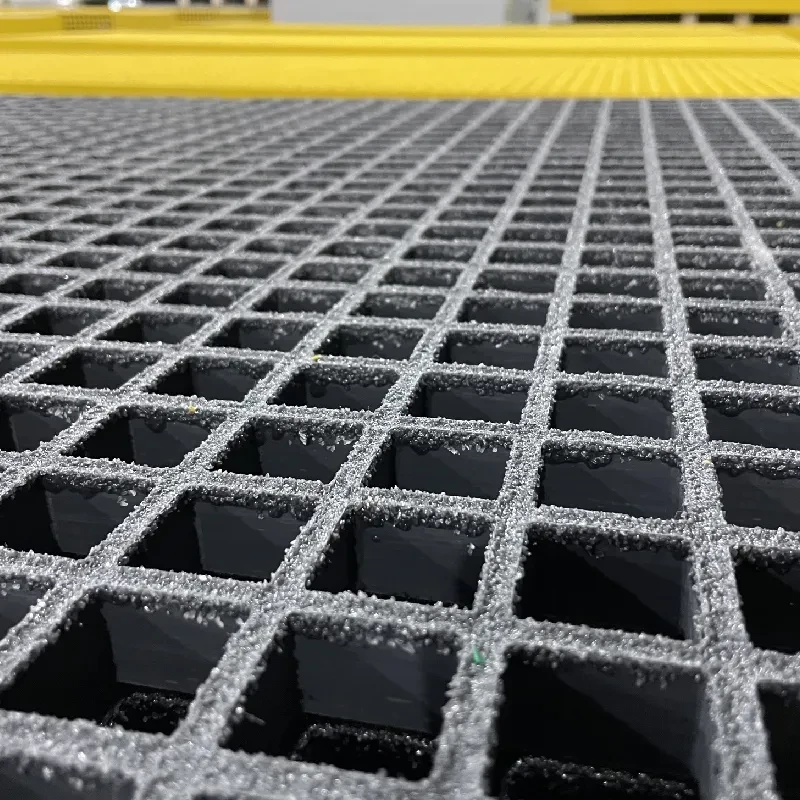loading...
- No. 9, Xingyuan South Street, Dongwaihuan Road, Zaoqiang County, Hengshui, Hebei, China
- admin@zjcomposites.com
- +86 15097380338
- Welcome to visit our website!
water softener
The Benefits of Water Softeners Why You Should Consider One for Your Home
If you've ever noticed a film on your dishes after they've been washed or a lingering hardness in your drinking water, you may be dealing with hard water. Hard water is caused by high levels of minerals, such as calcium and magnesium, which can lead to various household inconveniences. This is where water softeners come into play. In this article, we’ll explore what water softeners are, how they work, and the benefits of installing one in your home.
Understanding Water Softeners
A water softener is a device designed to reduce the hardness of water by removing calcium and magnesium ions. The most common type of water softener operates using a process called ion exchange. In this system, hard water flows through a mineral tank filled with resin beads that are coated with sodium ions. As the hard water passes through, the calcium and magnesium ions are attracted to the resin and replace the sodium ions. The result is softened water that is free from the problematic minerals that can cause scaling and buildup.
The Impact of Hard Water
Hard water can have a significant impact on daily life. It can lead to the formation of scale in pipes and appliances, which reduces their efficiency and lifespan. For instance, water heaters often suffer from reduced performance due to scale buildup, leading to increased energy costs and potentially costly repairs. Additionally, hard water can cause problems such as dull laundry, unclean dishes, and dry skin and hair. Homeowners often find themselves using more detergent and soap to achieve the same cleaning results, further increasing household expenses.
Advantages of Using a Water Softener
1. Improved Appliance Longevity By reducing mineral buildup, water softeners can help extend the life of appliances such as dishwashers, washing machines, and water heaters. This means fewer repairs and less frequent replacements, leading to significant savings over time.
water softener

2. Enhanced Cleaning Power Softer water allows soaps and detergents to lather better and rinse cleaner, resulting in brighter laundry and cleaner dishes. You’ll no longer be fighting against hard water deposits, which can dull colors and leave spots on dishes.
3. Less Soap Usage Many households find they can reduce their soap and detergent usage by as much as 50% when using softened water. This not only saves money but also minimizes the environmental impact associated with excess soap production and disposal.
4. Better Skin and Hair Health Hard water can lead to dry skin and hair. By using softened water, many people notice improved skin hydration and healthier, shinier hair. The softer water is gentler on the skin, reducing irritation and dryness.
5. Fewer Cleaning Problems Hard water often leaves behind unsightly stains on sinks, tubs, and faucets. Water softeners help mitigate these stains, making it easier to maintain a clean and inviting home environment.
6. Eco-Friendly Benefits Using less detergent and minimizing appliance energy consumption also contributes to a more environmentally friendly home. Water softeners reduce overall water usage for washing, benefiting the environment.
Conclusion
Investing in a water softener can significantly enhance your quality of life at home. With its ability to alleviate the hassle of hard water issues, improve the efficiency of household appliances, and promote better skin and hair health, a water softener is a practical solution for any homeowner experiencing the effects of hard water. By considering the long-term benefits, including savings on energy bills and cleaning products, it becomes clear that the advantages of installing a water softener far outweigh the initial costs. If you’re tired of dealing with the inconveniences of hard water, it might be time to explore the option of a water softener for your home. Your household will thank you!
-
The Rise of FRP Profiles: Strong, Lightweight, and Built to LastNewsJul.14,2025
-
SMC Panel Tanks: A Modern Water Storage Solution for All EnvironmentsNewsJul.14,2025
-
GRP Grating: A Modern Solution for Safe and Durable Access SystemsNewsJul.14,2025
-
Galvanized Steel Water Tanks: Durable, Reliable, and Ready for UseNewsJul.14,2025
-
FRP Mini Mesh Grating: The Safer, Smarter Flooring SolutionNewsJul.14,2025
-
Exploring FRP Vessels: Durable Solutions for Modern Fluid HandlingNewsJul.14,2025
-
GRP Structures: The Future of Lightweight, High-Performance EngineeringNewsJun.20,2025
